At the first N4G Summit in 2013, 110 stakeholders committed to prevent at least 20 million children from being stunted – saving at least 1.7 million lives by 2020. These commitments deliver much-needed action on policy and financing commitments to the Sustainable Development Goal (SDG) 2—Ending Hunger in All its Forms—which is an underlying driver of 12 of the 17 SDGs. As we continue the Nutrition for Growth Year of Action, take a look at how pledges made during the N4G summits in London (2013) and Milan (2017), have brought about positive impacts on global nutrition.
Putting Nutrition First
Primary health care (PHC) is an efficient and effective approach to achieving universal health coverage, and nutrition is a key essential service of PHC. Accordingly, essential nutrition interventions at all levels of the health system are required.
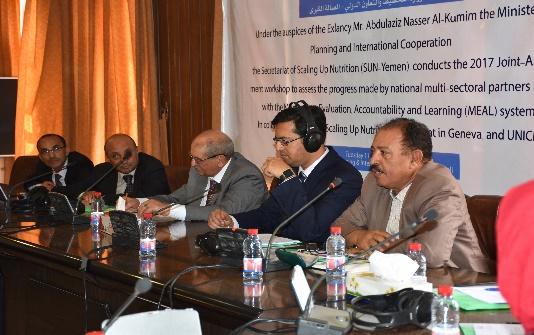
In Yemen, more than half of under-five mortalities are attributed to malnutrition, resulting in no less than 160 deaths every day among this age group based on 2013 data.1 This situation has been exacerbated by a humanitarian crisis2 since March 2015, threatening to increase the number of malnourished children to 2.4 million by the end of 20203 and affecting 50% of the under-five population — many of whom are pushed to the brink of starvation.
Considering these unprecedented conditions, the Scaling Up Nutrition (SUN)-Yemen Secretariat was established in 2013 to adopt a multi-sectoral approach to delivering nutrition services and addressing the direct and underlying causes of malnutrition.
SUN-Yemen managed to overcome political challenges and security concerns through a coordinated response and harmonized interventions between different stakeholders to prioritize nutrition despite other competing agendas. Since, nutrition has been placed at the core of Yemen’s development and humanitarian agenda as a critical program. Structural reforms in the Ministry of Public Health and Population included establishing the General Directorate for Preventive and Curative Nutrition, with newly expanded budget lines and a focus on food safety.
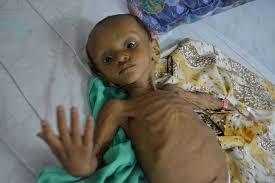
“SUN-Yemen succeeded in reaching out to the high-impact line-ministries and supported the development of the Multi-sectoral Nutrition Action Plan, Advocacy Strategy and Action Plan and M&E Plan,” said the Nutrition Manager, Dr. Abdulfattah Al-Mahdi.
Additionally, an information system (MAP-Yemen) was launched to reflect the ongoing activities in monitoring nutrition projects and performance indicators.
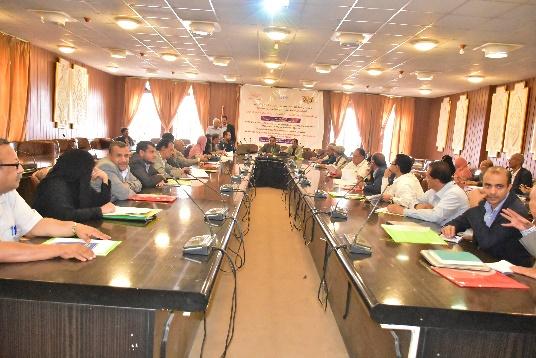
Structural and financial reforms continue to take place among the five involved sectors: health, education, agriculture, fisheries, and WASH. SUN-Yemen is advocating for integrating highly cost-effective nutrition interventions that prevent diseases and reduce mortalities, especially among the most vulnerable groups of the population: women, children, and internally displaced populations (IDPs). Furthermore, integrated nutrition interventions are expected to improve social protection indicators benefiting the poorest, most vulnerable, and marginalized populations. “Yemen is burrowing towards fulfilling the promise of the relevant Sustainable Development Goals, mainly goals 1, 2, and 3,” Dr Nizar Basuhaib, Vice Minister of Planning, explained.
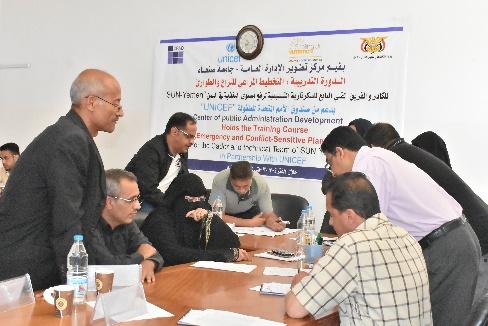
Since 2013, SUN-Yemen has been supporting the government’s concerned entities and partners to make policy and financial commitments that integrate nutrition interventions into the national health system. Concrete measures have been proposed to improve the coverage and quality of essential nutrition actions. “Coherent multisectoral actions are required to make meaningful progress towards achieving nutrition and health-related Sustainable Development Goals. This would make universal health coverage a reality,” said Abdulkarim Nasser, head of SUN-Yemen secretariat.
During the past two years, SUN-Yemen has been advocating for people’s rights in conflict-affected areas to enjoy the highest attainable standard of health to help improve nutrition indicators. Spiritedly, SUN-Yemen is setting an example to defend rights of people to support bridging the humanitarian-development divide.
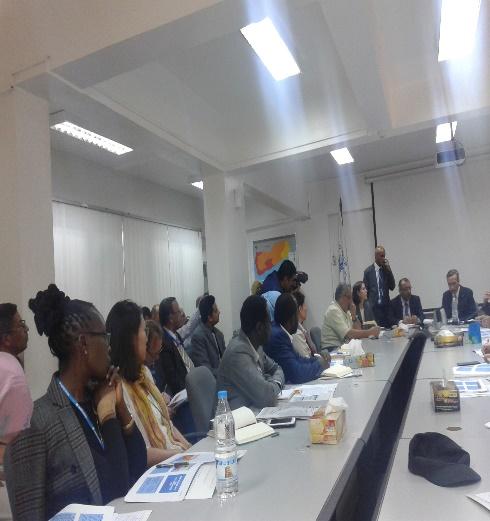
1National Health and Demographic Survey, Yemen, 2013
